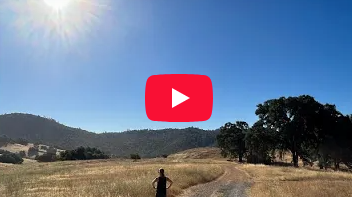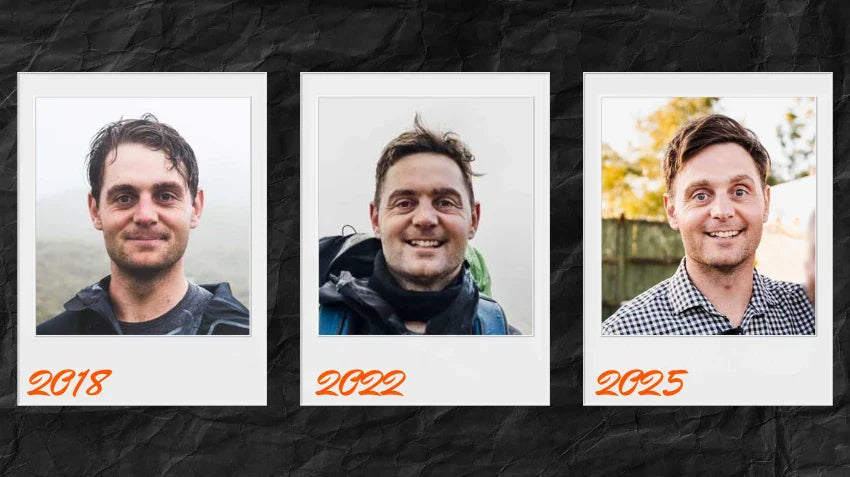I love the Paralympics because every athlete has overcome adversity and found a way to triumph against the odds. Instead of letting their disabilities define them, they experience life with joy and positivity.
This year, a couple of stories involving lawnmowers really got me thinking.
Nicole Murray shared that she lost her hand to a lawnmower at just five years old. Imagine the stress and heartbreak her family must have felt. But here she was, 15 years later, smiling as she talked about it, saying it didn’t really matter. She explained how the injury hadn’t stopped her from living the life she wanted and, in fact, opened doors she couldn’t have imagined. She had no regrets.

Then there’s Sophie Pascoe, a multiple gold medalist, who lost her leg to a lawnmower accident at age two. She now says, “that accident was the best thing that ever happened to me.”
So, what’s the takeaway here? Besides being extra careful around lawnmowers, I reflected on how these injuries, which were probably the worst days of these families’ lives, eventually led to stories of success, happiness, and even gratitude. What if, in the midst of those traumatic moments, we could have freeze-framed time and shown them a glimpse of the future? They could have seen their daughters, smiling, laughing, and talking about the injuries as if they were no more than a scratch, standing on podiums, winning medals. We could have got them to spend a few minutes breathing calmly and slowly, and reassuring themselves that it was all going to be OK.
How much easier would it be for them all to move through that experience if they already knew that things will turn out well, and they have taken some moments to calm their systems down?
While we can’t freeze time or see the future, we can create something similar through visualization.
Research shows that visualization can significantly impact the brain in ways similar to actual experiences. A study revealed that imagining a scenario can activate the same neural circuits as physically experiencing it. This finding supports the idea that mental rehearsal, such as visualizing success or practicing tasks in your mind, can be almost as effective as actually doing the task in reality. This supports the growing body of evidence that visualization can be a powerful tool in contexts like therapy or managing trauma.
So, the next time you face a traumatic event, first take care of your immediate safety, but also try to pause and remind yourself that things will turn out okay—even if they don’t feel that way now. Visualize a future where you’re calm, reflecting on this event as something that has passed, perhaps even helped you grow. And breathe deeply, which can help regulate your stress response, even during the event.
If you're still carrying trauma from the past, you can apply a similar technique. Imagine your future self, fully healed and happy, looking back on that event with peace. When you find the growth and lessons in a bad experience, it softens the pain and helps you move forward.
You may also like to attend The Switch - a four-day programme that teaches you The Deep Switch - a technique to access the underlying trauma that is causing your current issues, and gently and quickly process and release this trauma from your body. People have commented that "The Deep Switch felt like therapy on steroids", and "I have spent years doing weekly therapy, dedicating hundreds of hours of my life to processing that trauma, but I still felt traumatised. One ten-minute Deep Switch and I feel lighter and more free than I have in years! Thank you from the bottom of my heart!"






